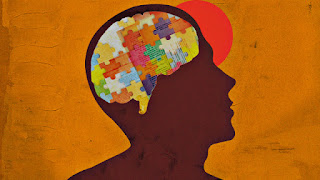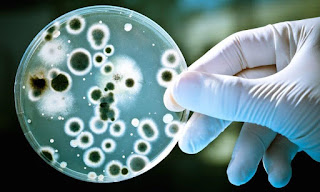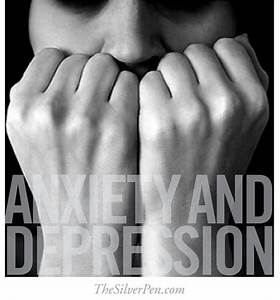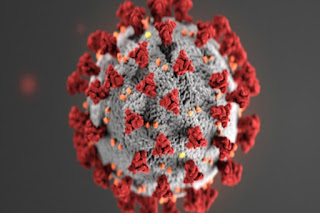Sustained cellular immune dysregulation in individuals recovering from COVID-19
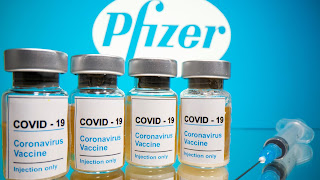
Sustained cellular immune dysregulation in individuals recovering from COVID-19 COVID-19, which has killed 1.7 million people worldwide, does not follow a uniform path. Many infected patients remain asymptomatic or have mild symptoms. Others, especially those with comorbidities, can develop severe clinical disease with atypical pneumonia and multiple system organ failures. Since the first cases were reported in December 2019, the SARS-CoV-2 virus that causes COVID-19 has surged into a pandemic, with cases and deaths still mounting. Ongoing observational clinical research has become a priority to better understand how this previously unknown virus acts, and findings from this research can better inform treatment and vaccine design. The University of Alabama at Birmingham researchers, led by first-author Jacob "Jake" Files and co-senior authors Nathan Erdmann, M.D., Ph.D., and Paul Goepfert, M.D., have now reported their observational study, "Sustained cellular immune dy...

